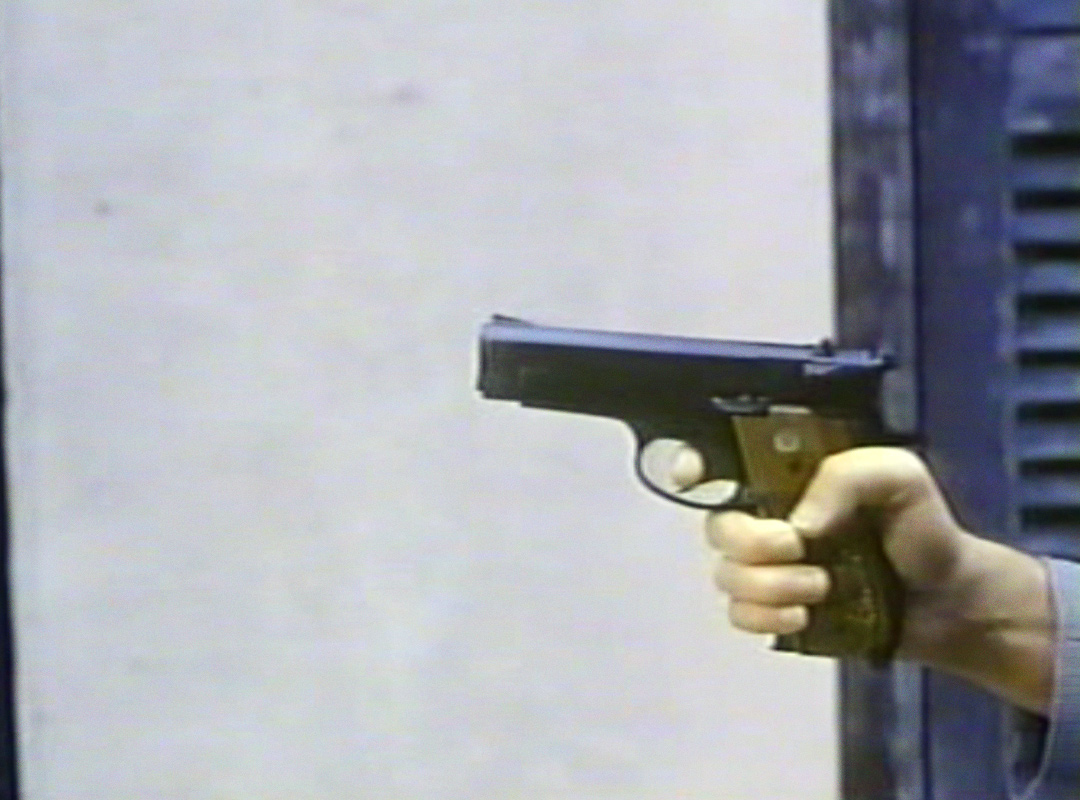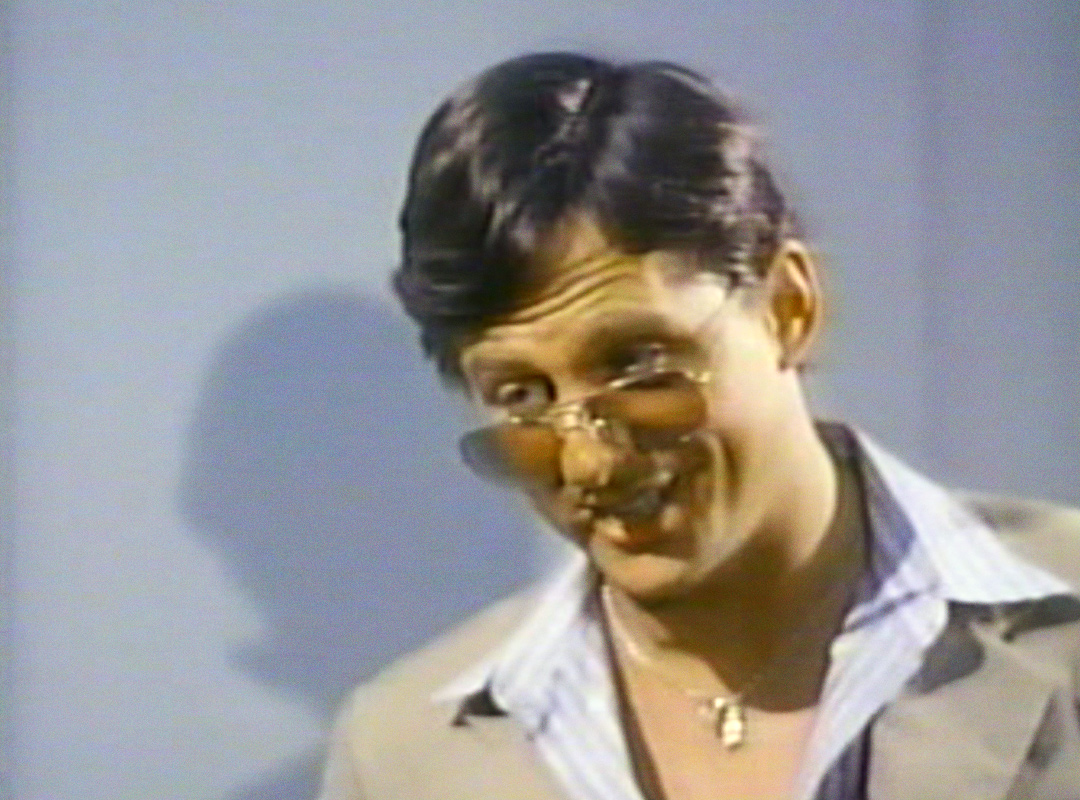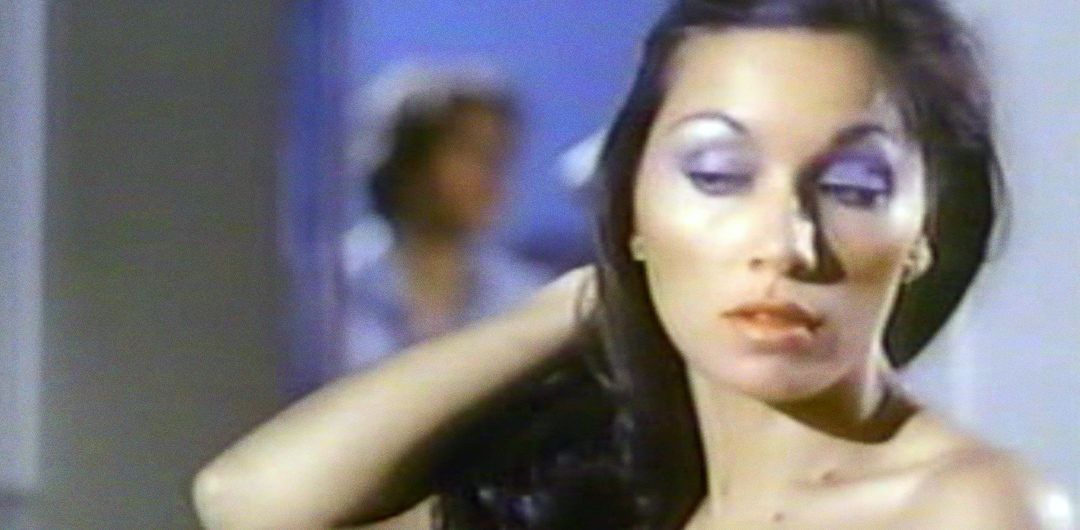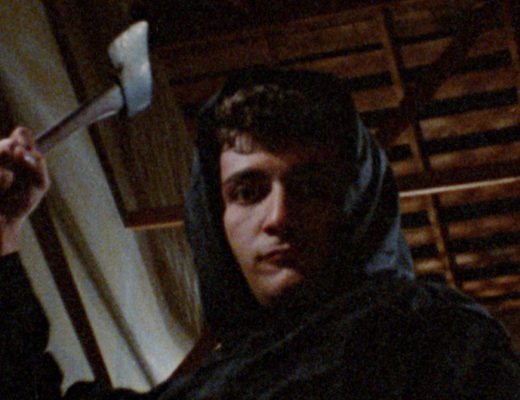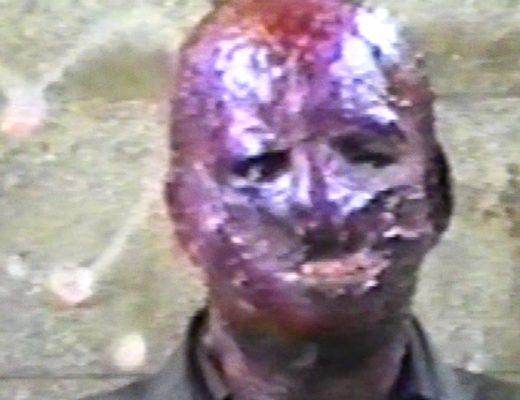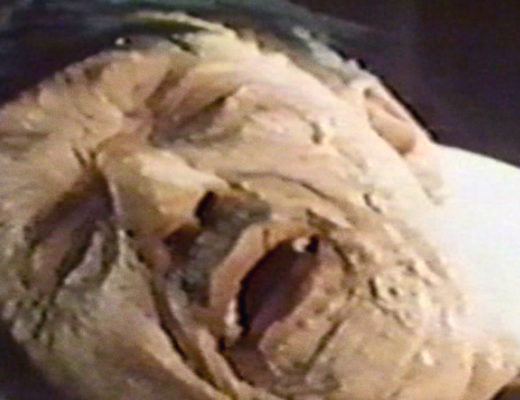Chuck Watts just made love to a gorgeous prostitute. While gingerly buttoning his pants, she glares at him and says, “When you make love, it’s like going to the toilet.”
Hiya, Jack. Its been far too long.
For several years, I’ve been under the assumption that Jack Weis had exactly four films under his belt — two of which had been unequivocally lost. With Crypt of Dark Secrets and Mardi Gras Massacre, Weis French-kissed the French Quarter with mouthfuls of onion rings and downers. Scummy, hilarious, and unnatural, the films are explorations of everything that really counts in late 1970s American trash. While I don’t revisit his work as often as that of Doris Wishman or Chester Turner, Weis is Weis. And nobody throws the senses into an uncomfortable funk quite like him. So imagine my surprise when confronted with the following fact: there was another Jack Weis film, one that had remained invisible for thirty years.
Meet Death Brings Roses. It was produced, written, and directed by Jack Weis. And, it runs for 95 minutes (give or take ten days).
Chuck Watts has impressive feathered hair. He has no qualms about punching strippers or channeling the mannerisms of Captain America. He likes sex, but is obviously no good at it. Also, Chuck and his friend accidentally beat a man to death in Kentucky. Now Chuck works for “theatrical agent” Max in New Orleans. This boils down to collecting money from bars, strippers, and pimps, drinking a lot, and smiling (but secretly feeling incomplete). Chuck is in love with a woman who may not love him, and when Max is suddenly murdered, he finds himself large and in charge of a mafia-tinged white slavery empire. Faced with choosing between true love and dirty money, Chuck does what any self respecting badass would do.
He becomes Henny Youngman’s agent.
Death Brings Roses does whatever it can to insure that we have no idea of what’s going on at any given moment. And that includes the glorious “fuck you” ending. In true Weis grandeur, eyelines rarely match, compositions are horrid, and static street scenes unfold for minutes on end. Furthermore, the camera’s obsession with close-ups of pouring drinks seems to take precedence over any hint of technical rationality. Edits are harsh. Music and sound effects are usually inappropriate. In a sense, this film may be as out-of-step with the world as its seeming twin, Mardi Gras Massacre. Then again, that all depends on which world we’re taking about.
Clearly, Death is a somewhat hilarious, yet far-too-long slice of enjoyable garbage. Expected and accepted. But after all is said and done, a different scent materializes — one of uniform miserableness. It’s in the drab facial expressions, fumbled pronunciations, and crazed/stoned personalities. It’s in the surprising lack of explicit elements. And it’s most certainly in Mr. Youngman’s lengthy stand-up routine, which trumps his earlier appearance in The Gore Gore Girls. The fact that Ronald Tenet and Maureen Ridley (both Weis vets) show up in bit parts only cinches it. If the mindset beckons, Death is more a netherworld documentary on sleazy New Orleans bar culture rather than a ridiculous exploitation film.
Which is why Weis is, and shall ever remain, Weis.
